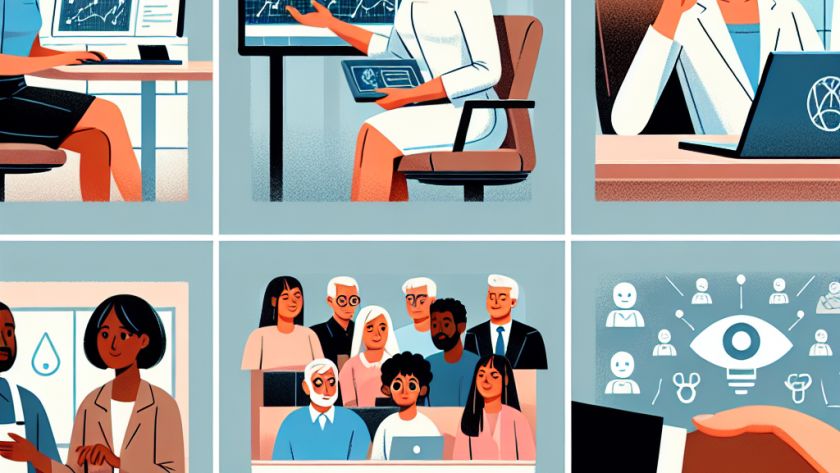Clinical Artificial Intelligence (AI) has the potential to significantly transform the healthcare industry by improving efficiency, diagnostic accuracy and patient outcomes. However, to effectively utilize AI in high-stakes clinical settings, it is important to have a detailed, analytics-driven approach to measure performance and ascertain the overall value added to the organization. A lack of robust…












